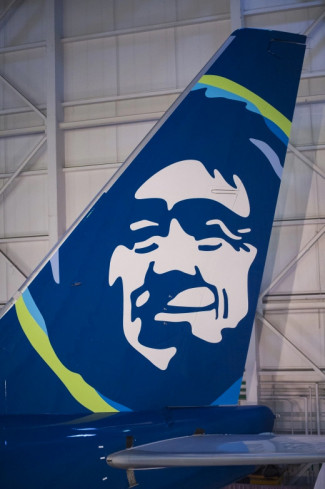AI and Aviation: FAA Requests More Info

Photo by Steve Johnson on Unsplash
Artificial Intelligence is the talk of technology. From ChatGPT for writing and research to generative AI for video content, consumers have been using AI for many new purposes. Industry and businesses are also leveraging AI for its predictive capabilities and ability to manage extreme amounts of data.
Predictive maintenance, route optimization, and autonomous decision-making are just a few of the AI capabilities that might greatly improve airline operations.
With so much potential for aviation, the Federal Aviation Administration (FAA) has recently begun soliciting feedback from the stakeholders. The FAA has made it clear that AI could change the industry, and new uses of the technology fall under the agency’s mission to keep our skies safe.
The FAA Request: The federal agency released a request for information (ROI) on June 11 asking for industry input on AI. The request for info “seeks to identify existing capabilities for advanced analytics using modern Artificial Intelligence (AI) capabilities to improve aviation safety within the industry and meet the FAA’s requirements for understanding underlying causal factors for top safety events in the National Airspace System (NAS).”
Challenges and Considerations: Safety is the major priority for the FAA when it comes to use in aviation, and the agency will undoubtedly require that airlines prove their AI systems are resilient and dependable in crucial aviation contexts. To maintain public confidence and regulatory compliance, ethical issues pertaining to AI decision-making in dynamic and high-stakes situations also need to be addressed.
Industry Collaboration: Working with industry stakeholders is a key component of the FAA's strategy. The FAA hopes to collect feedback from a range of sources on important topics, including operational principles, legal frameworks, and the types of training for employees using AI systems.
Prospects for the Future: In the long run, the aviation industry's landscape will undoubtedly change due to the use of AI. AI-driven automation and machine learning algorithms have the potential to improve overall safety, save costs, and streamline processes, but handing decision-making to machines is itself a decision not to be made lightly.
To sum up, the FAA's call for feedback highlights its proactive approach to both utilizing and regulating AI. Through interacting with industry players, the FAA hopes to solve important issues and guarantee the appropriate application of AI in the aviation industry in addition to realizing the technology's potential benefits.
-

Endeavor Air 09/06/2024
-

Horizon Air 09/03/2024
-

Atlas Air 09/03/2024
-

CommuteAir 08/30/2024
-

PSA Airlines 08/29/2024
 AIRLINE PILOT CENTRAL
AIRLINE PILOT CENTRAL